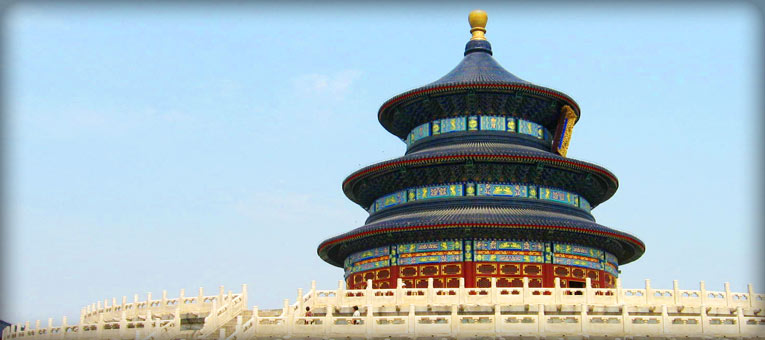
Forget about “Rising China”
By Hu Yinan
original article
A new generation of Chinese refuse to put up with stereotypes that the
western press insists on projecting on the country.
When riots broke out in Tibet five years ago, the Chinese government was
condemned abroad for censoring reports about what had happened. Then
something strange occurred. A backlash began inside China against the way
the international media were reporting on the incident. It came as a big
surprise to foreign journalists that it was ordinary young Chinese who
were protesting, not party officials in Beijing.
Young ³netizens², as we are known, quickly identified errors in the
western reporting on what was happening in Tibet. Nepali police beating
protesters in Kathmandu, for example, were portrayed as Chinese armed
police in Lhasa. We set up a website, Anti-CNN.com, to correct mistakes
like this and, a month later, in April 2008, worked hard to expose the
hostility in coverage of protests against the Beijing Olympic Torch Relay.
The events of that month gave us the name that we still carry. In many
ways, ³April Youths² is an awkward label for us but it does at least
identify a new generation of Chinese who refuse to put up with stereotypes
that the western press insists on projecting on China.
From the outside, of course, we are often dismissed as nationalistic (if
not outright radical) youths with a blind allegiance to the state.
Commentators in the west also assume that we are a single group, with a
single set of views.
So let¹s make a few things clear. The backgrounds and ideas of the April
Youths could not be more varied. From Confucians to Christians, from
Trotskyists to Maoists, and from diehard believers to hit-and-run
opportunists, it makes more sense to think of us as a loose alliance of
educated, urban Chinese whose different stripes show the complexity of
contemporary Chinese intelligentsia, and of Chinese society as a whole.
What we have in common is our concern with western media, and how they
shape the world¹s understanding of our country. With more access than ever
to the international press, many young, urban Chinese are fed up with the
usual patronising coverage of a ³rising China². We are, after all, the
world¹s second-largest economy and the largest creditor of the United
States. But we also understand that this is not a simple story to tell.
China is a constitutionally socialist state that now forms the core of
global capitalism. It will never remake the world in its own image, just
as the west has never transformed China either.
Beyond that, though, the April Youths disagree as much as we agree,
particularly on domestic affairs. Some of us hail all efforts of the state
as judicious and benign, while others remain sceptical of many aspects of
China¹s development, especially how it affects the poor.
I am one of ³the others² in our internal scuffles. I cherish China¹s
revolutionary past, and many of the socialist remnants in our social
fabric.
I am excited about the potential of China as an alternative force in the
world. That said, I also see fundamental obstacles in the path ahead and
reasons for China to change direction.
Stunning inequality, confused identities, ecological decay and economic
stagnation are among the challenges that China faces. But we are hardly
alone. They are common across the developed and developing world,
magnified and deepened by transnational capitalism.
Being confident in our country and culture at a time of huge global change
should not label us immediately as ³state-guided nationalists². Instead,
it should provide the basis for an equal conversation, a starting point to
break down the cultural and ideological barriers that continue to divide
us. The world¹s social, economic and ecological sustainability affects us
all. Blanket hostility towards China¹s attempts to tackle these questions
helps no one.
When the movement against media distortions began in 2008, we never
thought changes would occur overnight. Five years later, some people still
think we are just outraged college kids acting as human shields for the
government. I resent that. We April Youths may have emerged from passion
and argument but our goal is to improve communication for the benefit of
us all.
Hu Yinan was editor-in-chief until August of April Media, an independent
online media outlet based in Beijing.


